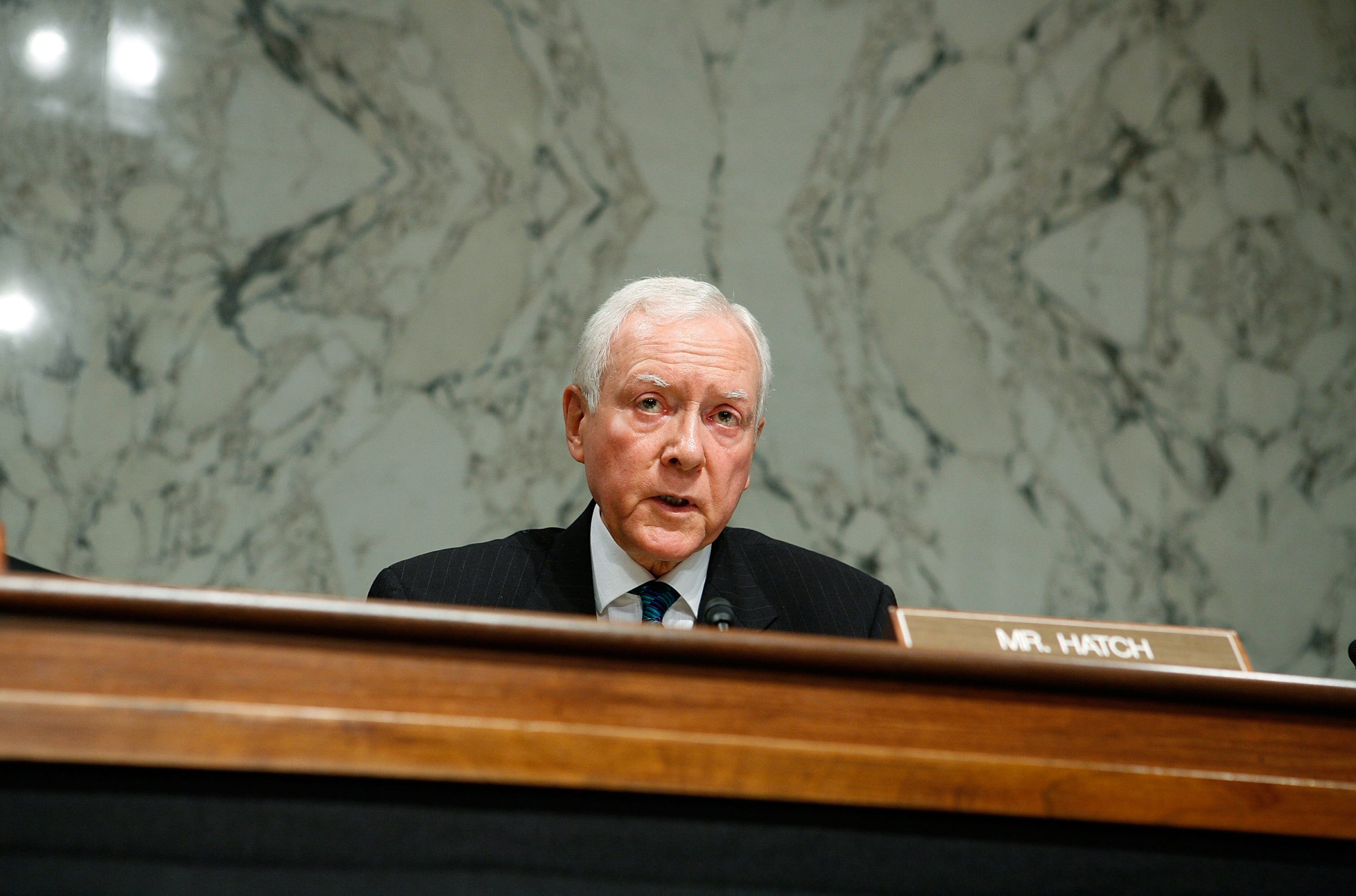
Like many Americans, I mourn deeply the loss of Justice Antonin Scalia. He was a giant of the law and a dear friend. He transformed the trajectory of our nation’s highest court and helped scale back years of unbridled, unprincipled judicial activism by liberal justices intent on imposing their views on the American people.
Justice Scalia’s passing comes during a particularly contentious time in our nation’s history. The country is in the midst of a volatile, highly charged presidential election. Accusations of dishonesty and hypocrisy fly with abandon. No charge, it seems, is too base to attract media attention. The current political climate is as toxic and as polarized as I have ever seen.
For this reason, I believe firmly that it would be best for the Court, and the nation, to select Justice Scalia’s replacement after the presidential election. Adding a Supreme Court nomination to the current polarized climate would serve only to undermine the Court’s independence and drag the Court into the caustic atmosphere of the 2016 presidential race.
Throughout my 40 years in Washington, I have sought to prevent the courts from becoming a political football. I have criticized attempts by Democrats to politicize the courts and to impose litmus tests on judicial nominees. My concern has been with the Court as an institution, and I have sought to protect the judiciary from improper political pressure.
There is simply no way that a new justice can be confirmed in the current election-year climate without his or her nomination becoming a political firestorm. Any hearings or debates on the nomination will become little more than an opportunity for both sides to air grievances and to engage in a proxy war over the presidential campaign. Both parties will inevitably use the nomination to try to position their side favorably for November and to score political points against opponents.
These are not the conditions for a fair and considered appraisal of a nominee’s qualifications. The mantra on both sides would be to win at all costs and to bloody the other side as much as possible in the process. Far better to wait until after the impending election, when cooler heads will have at least some opportunity to prevail.
Indeed, already there’s yelling and shouting about a potential nomination, with Democrats calling Republicans radicals and extremists for saying we should wait until after the election to fill Justice Scalia’s seat. Such attacks would become only more vitriolic were the Senate to take up a nomination before the election.
There has also been a great deal of obfuscation and misinformation about the Senate’s role in the confirmation process. Supporters of the President have asserted that President Obama has a “right” to fill Justice Scalia’s seat and that the Senate’s “job” is to hold hearings and vote on whomever he sends up. This is nothing more than political posturing.
To begin with, the President has no “right” to appoint nominees to the Supreme Court. The Constitution gives the President the power to nominate, but gives the Senate an equal power to confirm, or not, as it sees fit. Only with the Senate’s consent may the President fill a seat on the Supreme Court. To say the President has a “right” to fill a Supreme Court vacancy now, or at any point in time, is constitutionally illiterate.
Nor does the Constitution require the Senate to hold a hearing on a nominee, or even to take any action at all. The Senate may exercise its constitutional prerogative to reject a presidential nomination in whatever manner it sees fit. For example, although in recent years it’s become customary to hold hearings on Supreme Court nominations, for the first 130 years of our nation’s history the Senate never held a hearing on any Supreme Court nominee. And the Senate has chosen on multiple occasions to allow a nomination to expire rather than act on it. In one case, Congress even abolished a Supreme Court seat rather than confirm the President’s nominee. Although no two situations are exactly alike, these examples make clear that the Senate may withhold its consent in a variety of ways.
It’s been more than 100 years since a Supreme Court justice died in office during a presidential election year. It’s been 130 years since a justice died in office in a presidential election year during a time of divided government. And a justice has never died in office this late in a term-limited President’s last year, when voting on the President’s successor has already begun.
In light of the highly polarized, corrosive nature of this year’s presidential race, coupled with the fact that Americans have already begun voting on President Obama’s replacement, the right course of action is to wait until after this year’s election to consider a nominee to fill Justice Scalia’s seat.
Let the American people decide whether they want Hillary Clinton or the Republican nominee to select the next Supreme Court justice. President Obama will never again face voters, yet whoever is chosen to succeed Justice Scalia will likely serve 30 years or more.
Let a new President with a clear mandate, not a term-limited President with less than one year left in office who faced a historic rebuke by voters in the last midterm election, make this crucial decision. Don’t make the Supreme Court another victim of this year’s toxic presidential campaign. Too much is at stake.
More Must-Reads from TIME
- Cybersecurity Experts Are Sounding the Alarm on DOGE
- Meet the 2025 Women of the Year
- The Harsh Truth About Disability Inclusion
- Why Do More Young Adults Have Cancer?
- Colman Domingo Leads With Radical Love
- How to Get Better at Doing Things Alone
- Michelle Zauner Stares Down the Darkness
Contact us at letters@time.com